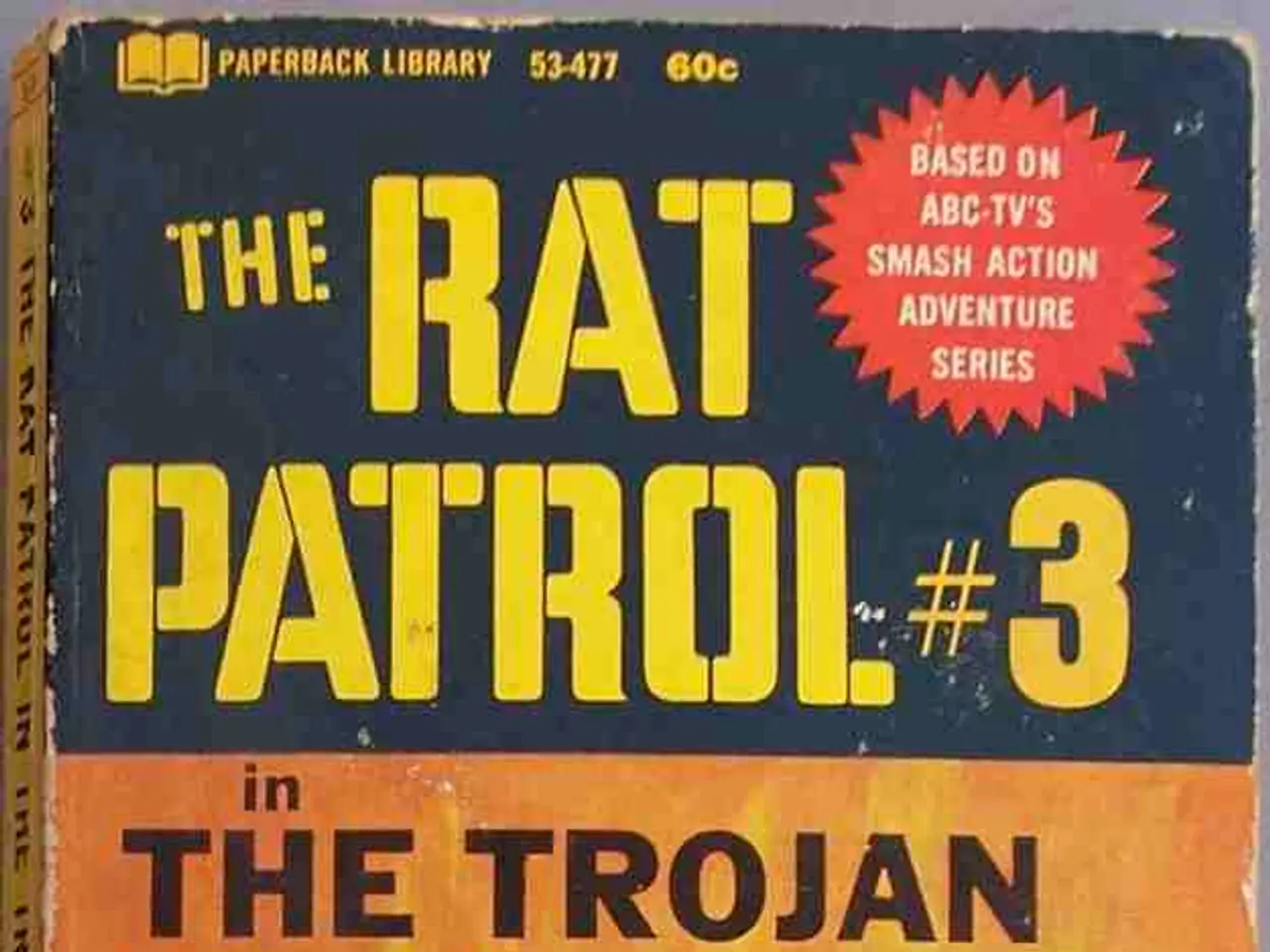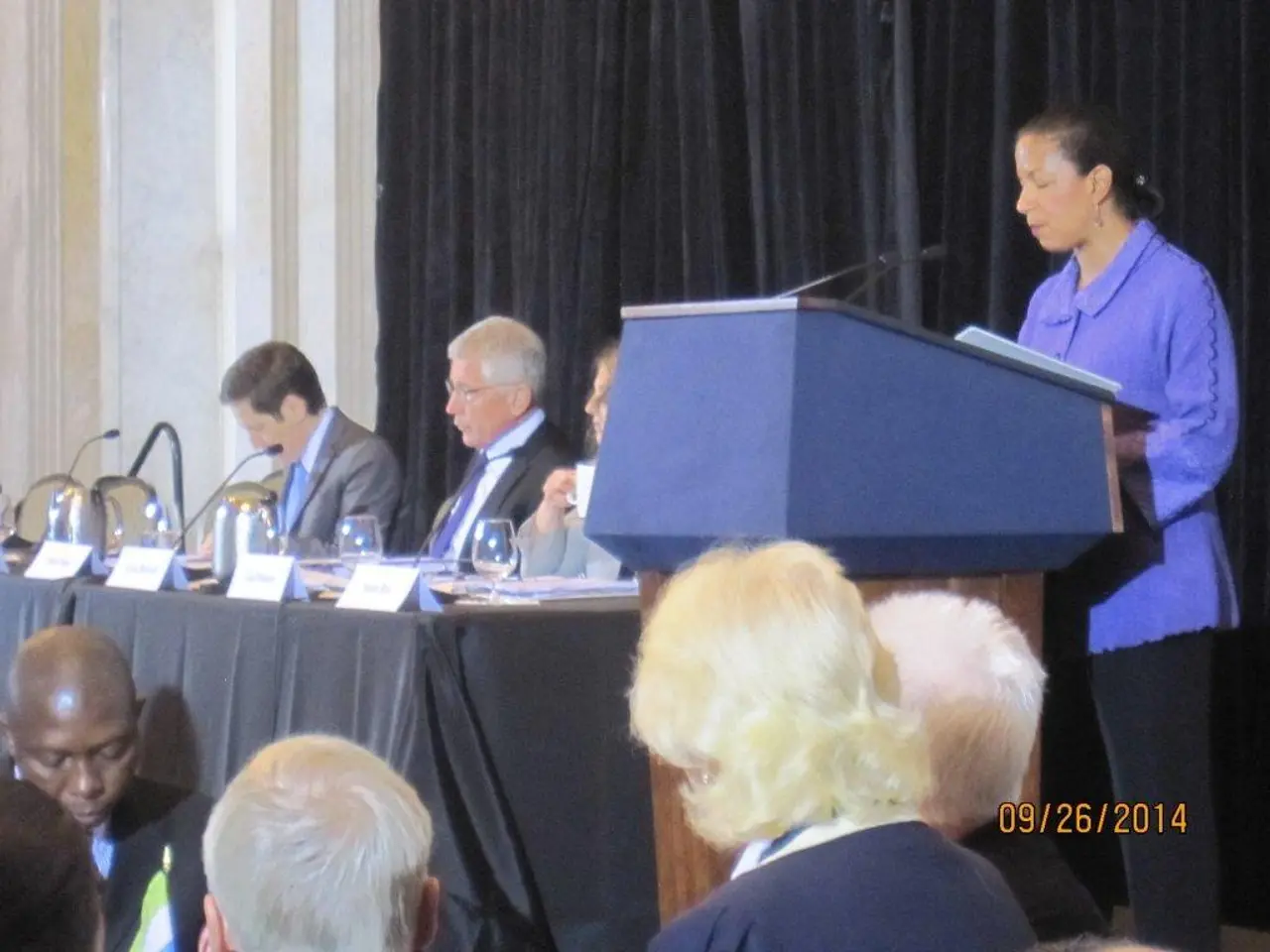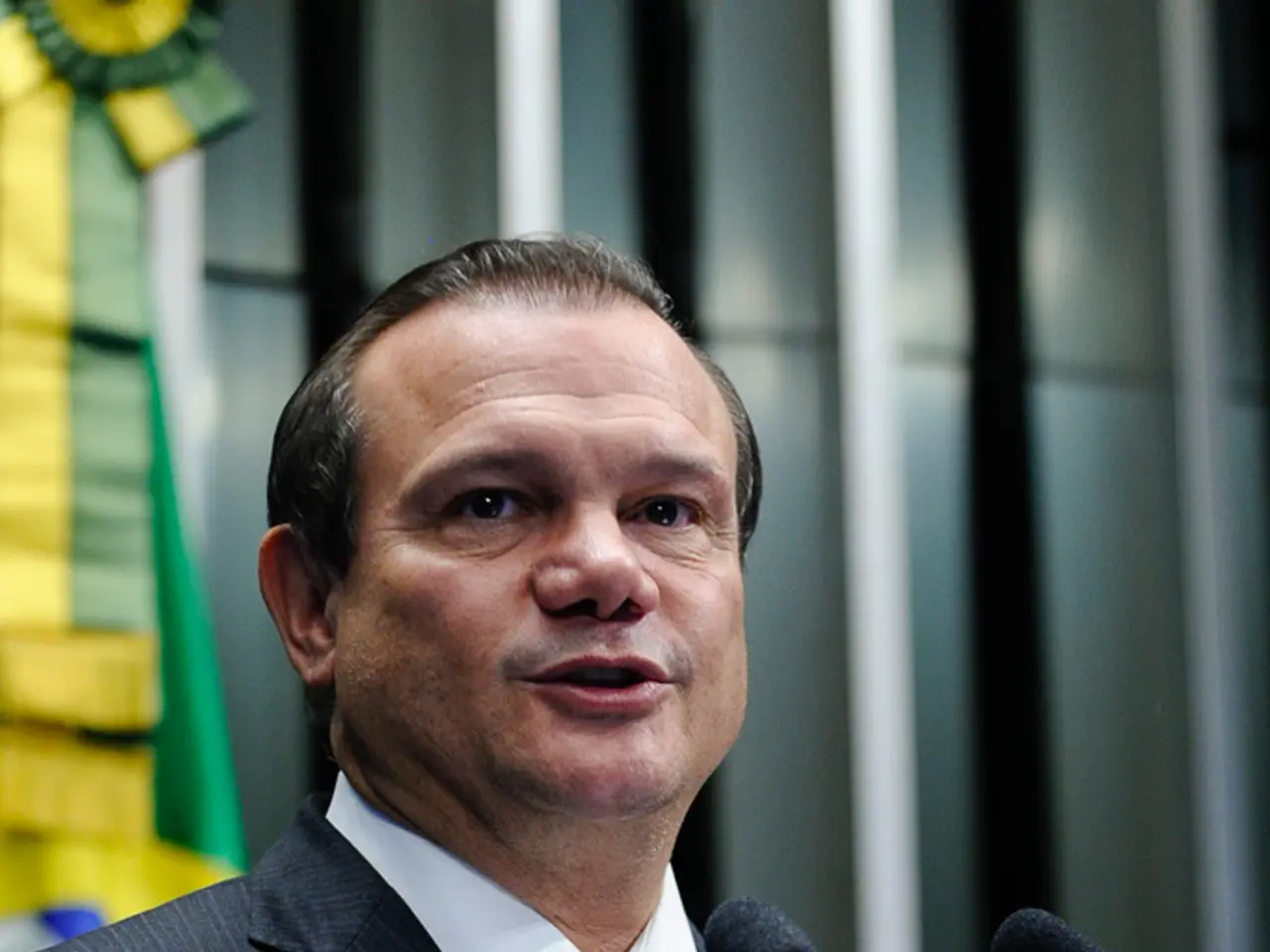Former employees of NATO allege that the organization is involved in cryptocurrency trading, specifically with Dogecoin.
The restructuring of NATO under Secretary-General Mark Rutte has sparked controversy, with critics alleging that the changes are designed to align with the priorities of former U.S. President Donald Trump and his administration.
These allegations stem from the optimization efforts by Rutte, which some argue streamline NATO functions to appease Trump-era demands. Critics, such as Dr. Gerlinde Niehus, a former NATO insider, liken the restructuring to Elon Musk’s "Department of Government Efficiency" (DOGE) approach.
The restructuring has led to significant internal backlash, with concerns that NATO’s broader, long-term strategic objectives are being sidelined. This includes the potential decrease in visibility for Women, Peace and Security and Climate-related work, as some employees have been encouraged not to make these parts of their job particularly visible.
The changes also align with White House priorities under Trump, who insisted on NATO members increasing defense spending as a condition for stronger alliance commitment and viability. At a NATO foreign ministers' meeting in 2025, U.S. Secretary of State Marco Rubio reaffirmed the Trump administration’s support for NATO contingent on partners raising defense budgets, aiming for 5% of GDP, with Rutte similarly emphasizing Europe’s commitment to this target, expecting it north of 3%.
This focus on defense spending and a narrower regional focus—mainly Europe’s eastern flank—marks a shift toward a more single-issue, defense-oriented NATO, sidelining issues like climate change, broader partnerships, or global cooperation that were previously integral.
Notable changes include the transfer of the office of NATO's Special Representative for Women, Peace and Security (WPS) out of the secretary general's office and the merger of the Climate and Energy Security Section with Defence Policy and Planning. Executive Management, which covers a range of tasks from recruitment to the internship program to archives, is being cut.
The Public Diplomacy Division (PDD), which traditionally housed NATO’s press operations, co-sponsorship of projects, and general outreach to citizens, is being reshaped into a more focused office of strategic communications.
Critics fear that these changes could further fuel alienation and apathy among the public, as well as pose risks to the funding and staffing for public outreach. The former US diplomat, for instance, has expressed concern about winning against the Chinese when there is nothing to show for American assistance.
Hannah Neumann, a German Green member of the European Parliament, shares similar concerns and considers the situation "super frustrating". She emphasizes the importance of ensuring that work on these topics continues, even if people have to change offices and keep their heads down to do it.
Dr. Niehus, in particular, expresses concern that the changes are aligned with US MAGA politics and follow the "Elon Musk-driven downsizing" under the "Department of Government Efficiency" (DOGE). She considers these changes disturbing, especially the potential decrease in visibility for Women, Peace and Security and Climate-related work.
Despite the controversy, it's worth noting that approximately 40 posts are being cut, but there are also around 300 vacancies. The controversy surrounding these changes continues to evolve, with many watching closely to see how the restructuring will impact NATO's role in global affairs.
[1] https://www.reuters.com/world/us/natos-rutte-says-europe-must-raise-defense-spending-north-3-2025-10-01/ [2] https://www.politico.eu/article/nato-secretary-general-mark-rutte-defence-spending-europe-trump-2019/ [3] https://www.politico.eu/article/nato-secretary-general-mark-rutte-defence-spending-europe-trump-2019/ [4] https://www.reuters.com/world/us/natos-rutte-says-europe-must-raise-defense-spending-north-3-2025-10-01/
- The restructuring of NATO under Secretary-General Mark Rutte has been controversial, with critics suggesting it follows a approach and aligns with former U.S. President Donald Trump's MAGA politics.
- The changes made by Rutte have led to significant internal backlash, as critics fear a decrease in visibility for Women, Peace and Security and Climate-related work.
- The restructuring under Rutte has shifted NATO's focus towards a more defense-oriented stance, sidelining issues like climate change and global cooperation that were previously integral.
- The Trump administration had emphasized the need for NATO members to increase defense spending as a condition for stronger alliance commitment, and this focus has been reaffirmed by U.S. Secretary of State Marco Rubio in 2025.
- NATO's Public Diplomacy Division, which handled outreach to citizens, is being reshaped into a more focused office of strategic communications, potentially leading to public alienation and apathy.
- Critics, such as Dr. Gerlinde Niehus, a former NATO insider, compare the restructuring to Elon Musk’s "Department of Government Efficiency" (DOGE) approach.
- The controversy surrounding the restructuring continues to evolve, with many watching closely to see how these changes will impact NATO's role in world politics, conflict, and society, as well as war-and-conflicts, policy-and-legislation, news, environment, Europe, America, and Asia.








